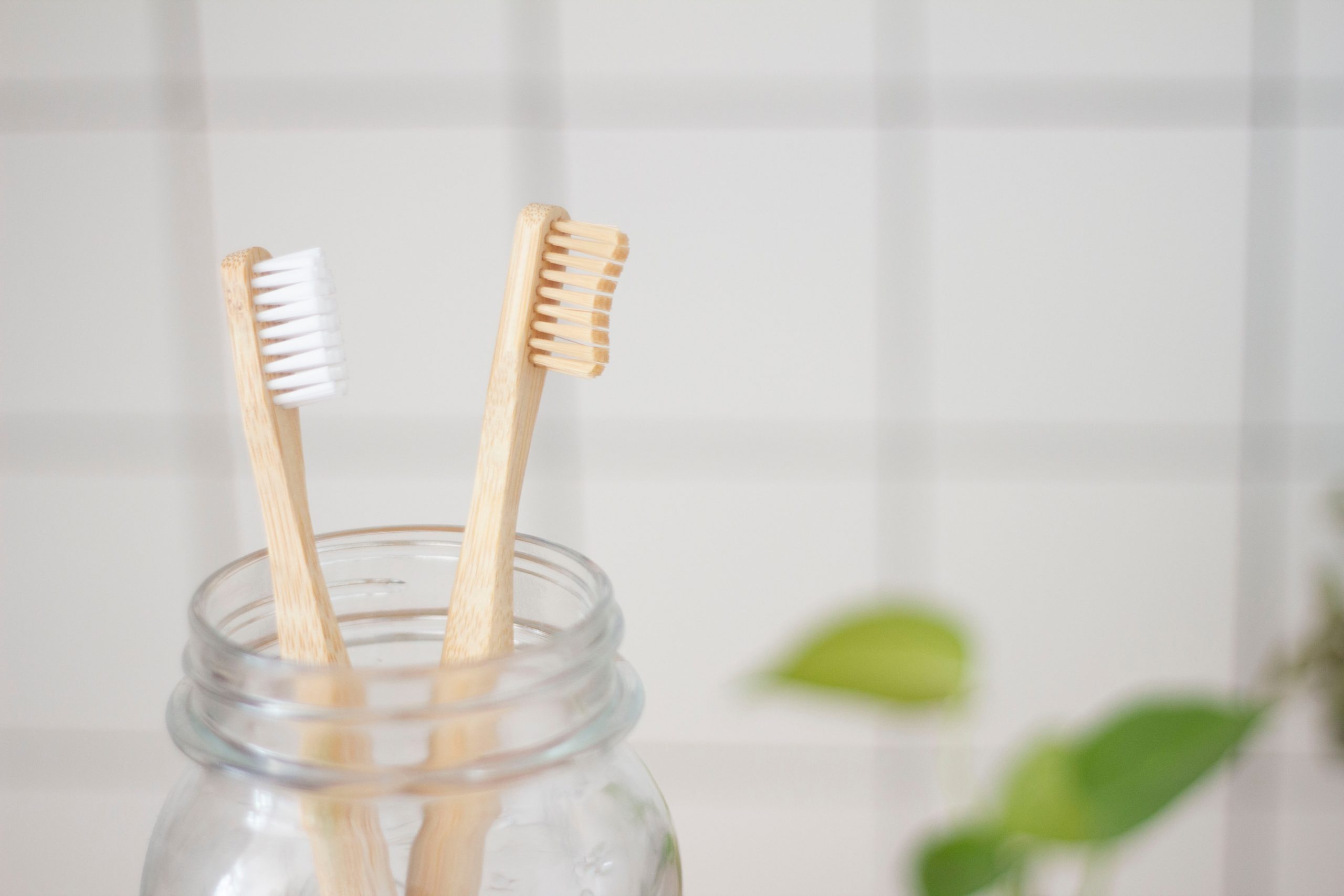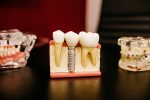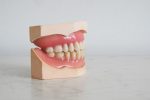Oral hygiene and overall dental health are often a matter of concern, particularly for children, teenagers and young adults. There is no one method for establishing good oral hygiene as every age group has different habits that could result in poor oral hygiene and dental health. However, within each age group, one could use similar techniques to get individuals to adopt the correct oral hygiene practices.
This is why Somerville dentist Dr. Michalowski is investing more resources into addressing dental concerns by college students. According to the dentist, their uneasiness can be resolved when dental practitioners reassure their patients of their confidentiality.
There are oral health habits and risks common with students in college, and this article will focus on these habits, suggesting ways to curb the bad oral health “pandemic.” Read on until the end for more crucial information.
Bad Oral Health Habits Common to College Students
There are unhealthy oral practices that lead to cavities, gum disease and poor oral health in students. Some of these habits include:
Eating Unhealthy Junk Foods
Some college students can’t prepare their meals due to lack of cooking facilities, laziness or a lack of time. Having a tight school schedule for things like class and extracurriculars means students would rather get cheap fast food than prepare a healthy meal. Most of these junk food meals and carbonated drinks or sodas are high in sugar. Sugar accumulation in the mouth allows bacteria and other microorganisms to thrive, leading to more severe complications if adequate dental measures are not taken.
Eating Late at Night
Many college students are teenagers or young adults who like to party and have fun at night. Some students go to bed later, and they tend to eat closer to when they sleep. At parties, alcohol and caffeinated drinks are consumed, and these contain sugars that can harm the teeth and cause cavities. Students who regularly pull off “all-nighters” are not off the hook either.
Piercings
Piercings are a fashionable trend among college students. However, it is advisable not to get piercings on or inside the mouth because it makes it harder to maintain good hygiene and contributes to poor dental and oral health.
Cigarette Smoking
Many college students have adopted smoking from either peer pressure or the need to cope with problems or mental issues. Healthier methods of dealing with these issues should be adopted to improve overall well-being, including dental health.
Alcohol Consumption
Many alcoholic substances contain sugar substances either as preservatives or to mask the taste. Continuous intake of alcohol can cause harmful effects for one’s dental health.
Risks Associated With Poor Oral Health Habits.
Indeed, various risks and complications could arise from unhealthy oral practices and poor oral hygiene. They include the following:
Oral Cancer
Cancer is an abnormal growth, and oral cancer can even originate from piercings in the mouth. The metal can easily brush other parts of the mouth, leading to sores and eventually oral cancer. As such, piercings in the mouth should be avoided.
Mouth Sores
Piercings can cause sores in the mouth when the metal injures another part of the mouth, such as the tooth, gums and other tissues. Students should remove piercings in or on their mouths or, at the very least, remove them before each meal.
Dental Caries (Also Known as Tooth Decay)
Consuming sugary products such as alcoholic beverages and carbonated drinks, or excessive smoking, can create a suitable environment for bacteria to reproduce rapidly, which can cause infections or tooth decay. To avoid this, students should abstain from excess alcohol intake and smoking. Students who have a hard time stopping these habits should seek professional help to reduce their consumption of these substances.
People addicted to using any of the aforementioned substances must understand that they might not be able to stop abruptly due to withdrawal symptoms. If this is you, you could see a physician who could provide medication or viable alternatives to smoking. The tapering down technique, the gradual lowering of the intake of these substances, can also be used to reduce alcohol consumption.
Conclusion
As a final takeaway, it is essential to identify the causes of poor oral health on time and adopt healthier practices to prevent complications that could arise, as mentioned in this article. This article has listed some common oral health risks among college students and how to remedy them. Taking regular visits to the dentist’s office is also important to prevent dental health problems.
















